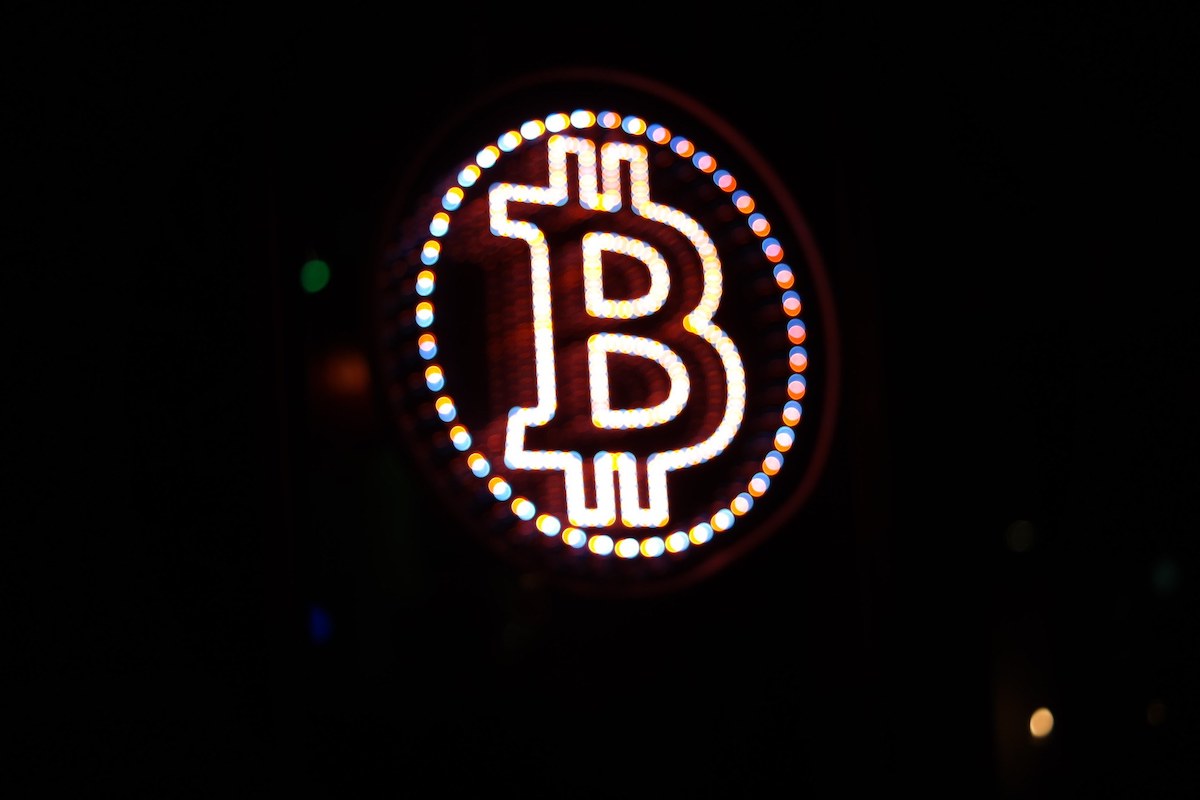
Hong Kong’s Securities and Futures Commission (SFC) has announced a major policy shift, permitting licensed bitcoin and digital asset exchanges to integrate their trading systems with global order books.
This move is intended to enhance liquidity and price discovery for local investors, representing the most significant regulatory relaxation since the city’s renewed push for digital asset adoption.
From isolation to integration
Previously, Hong Kong’s licensed exchanges operated under a closed settlement system, limiting trading to domestic users.
The updated framework introduces a “shared order book,” enabling cross-border matching and tighter price alignment.
SFC Chief Executive Julia Leung stated the regulator is also finalizing licensing regimes for brokers, custodians, and stablecoin issuers, with the first stablecoin licenses expected next year. Leung commented:
“You can say we are on the tougher side. Once we are sure that we are able to protect the investors, we do relax, as we did with the global liquidity.”
Balancing access and regulation
The SFC may eventually extend global liquidity access to locally licensed brokers, offering a potentially quicker route for major players like Binance or Coinbase to operate in Hong Kong.
Currently, the city has 11 fully licensed exchanges and 49 authorized brokers.
Licensed exchanges will also be able to list new tokens and SFC- or HKMA-approved stablecoins for professional investors without a prior one-year track record.
Market participation lags behind
Despite these changes, Hong Kong’s trading volumes and investor participation remain well below those in the U.S. and other leading Asian markets.
According to Chainalysis, Hong Kong ranked fifth globally for per-capita digital asset adoption in 2025, but did not place in the top 20 in absolute terms, lagging behind India, Vietnam, and Pakistan.
Experts voice cautious optimism
Industry experts see the integration of global liquidity as a pivotal development, but stress that trust and robust regulation are essential.
David Kemmerer, CEO of CoinLedger, commented on the importance of integration over mere interest in digital assets:
“It is not that Asia didn’t have an interest in crypto trading. They did but they did not have the right integration.”
Tax expert Kevin Marshal warned that cross-border trading introduces operational and legal complexities:
“The main issue remains whether investors will trust this framework to join the program.”
Marshal added that regulatory arbitrage and settlement risk remain concerns as the city seeks to attract more global participation.



